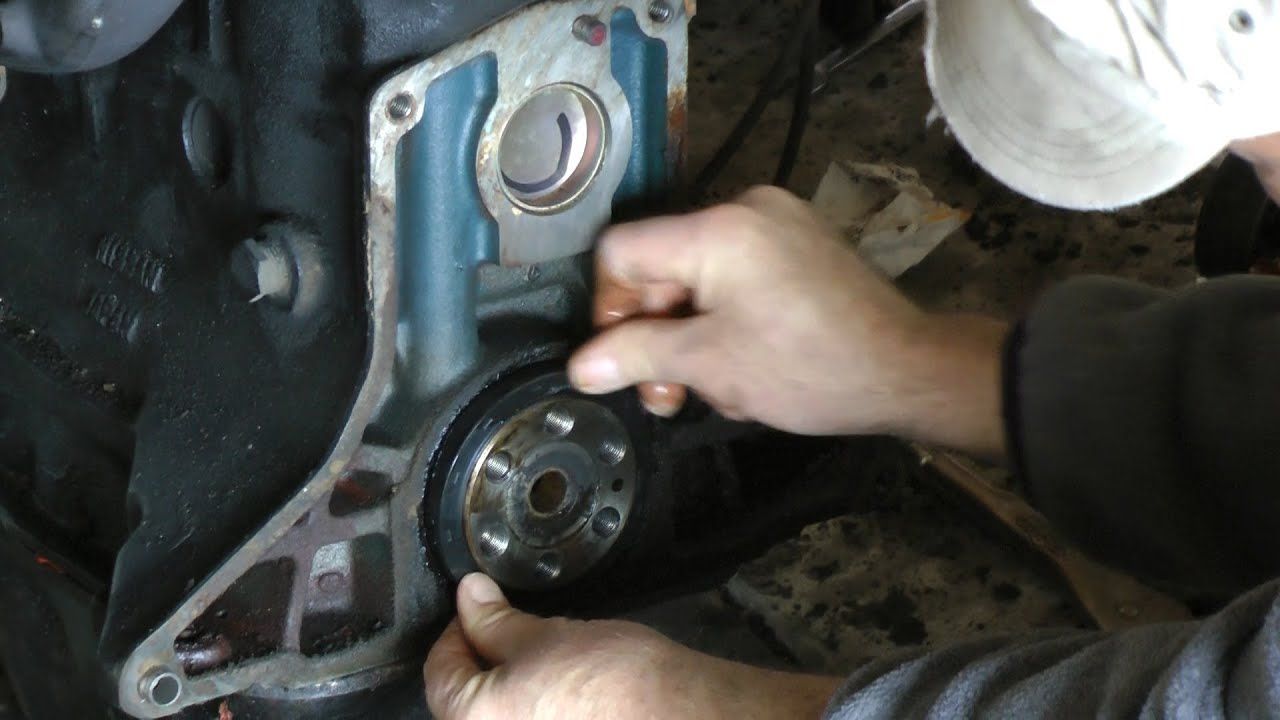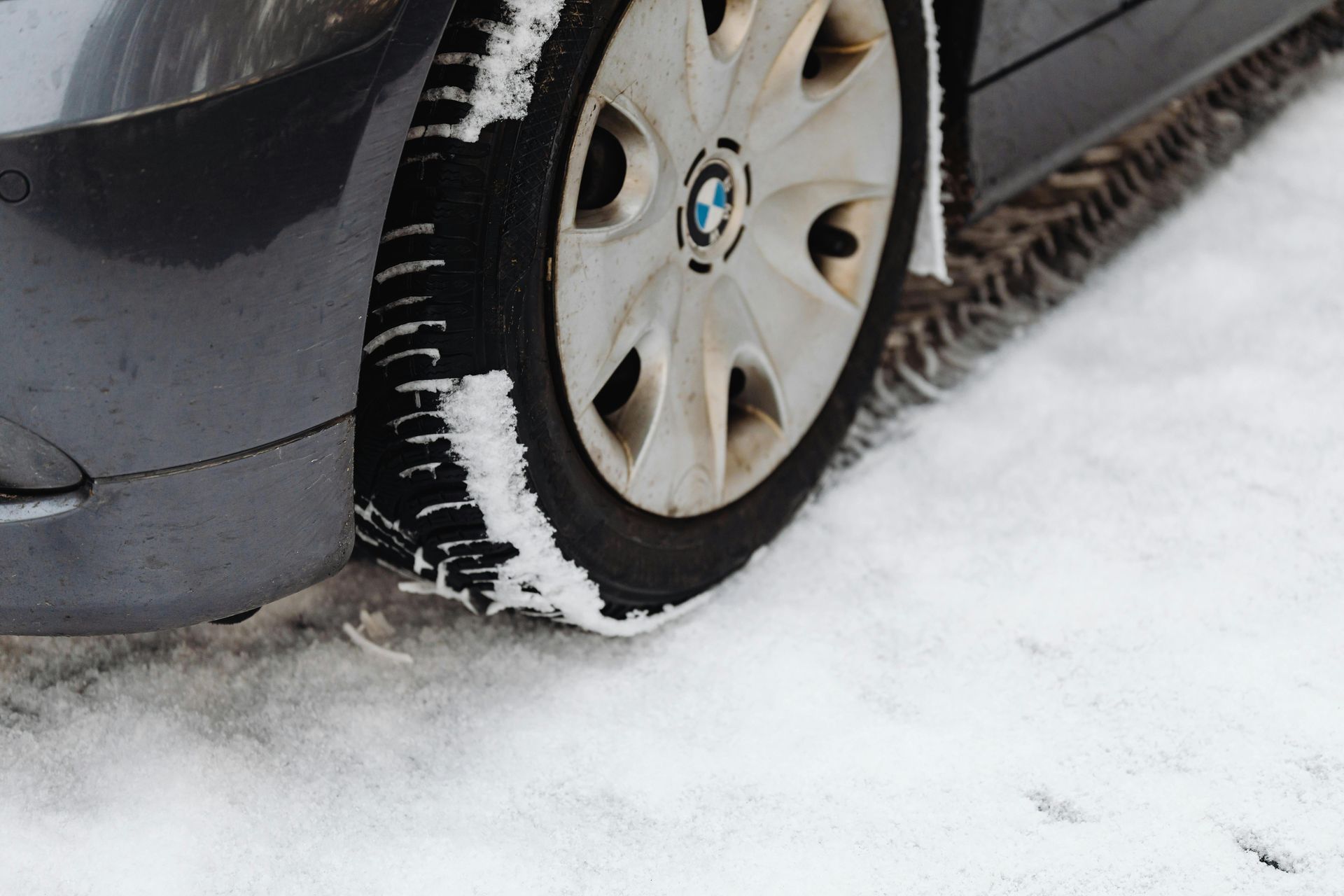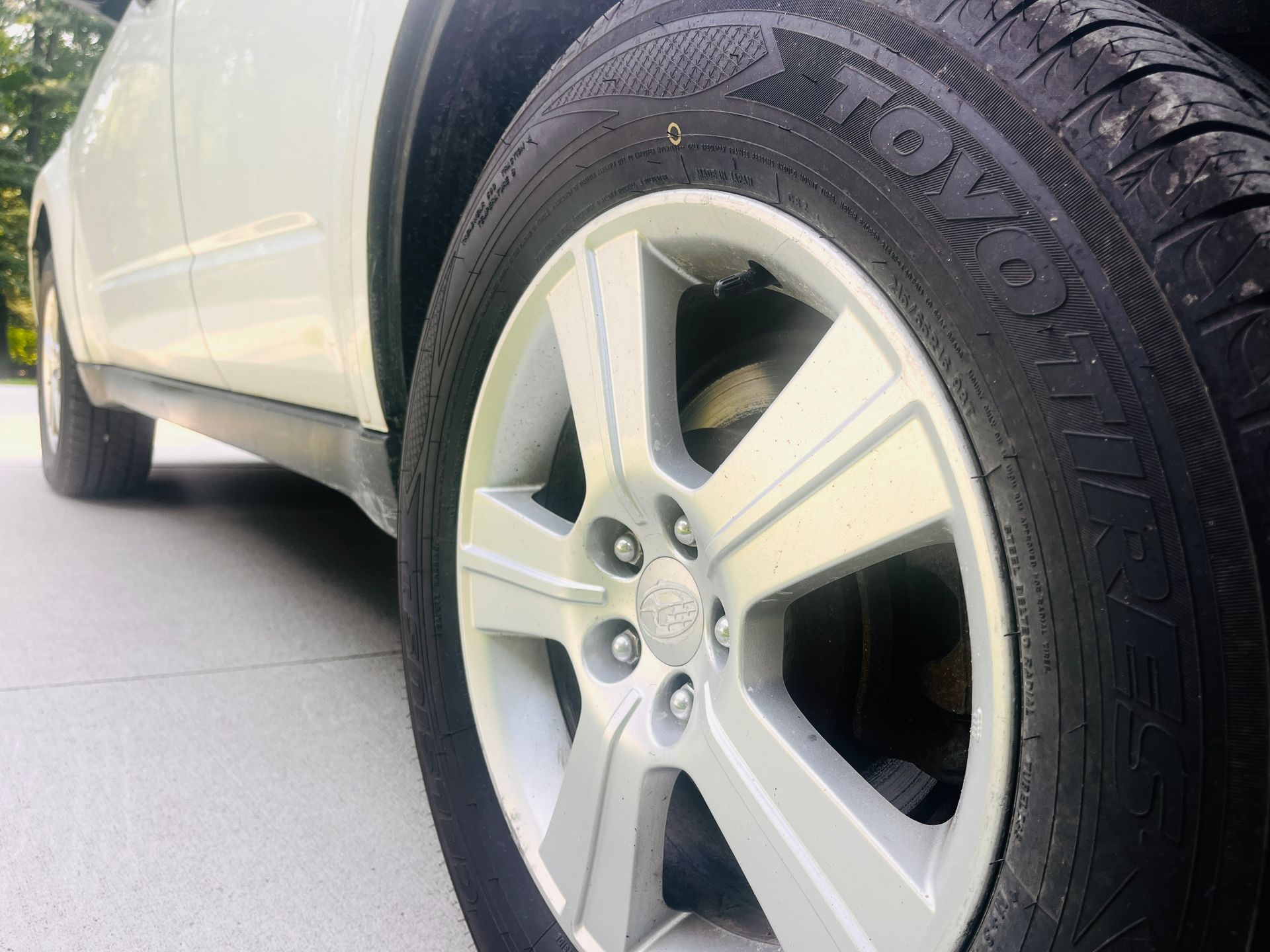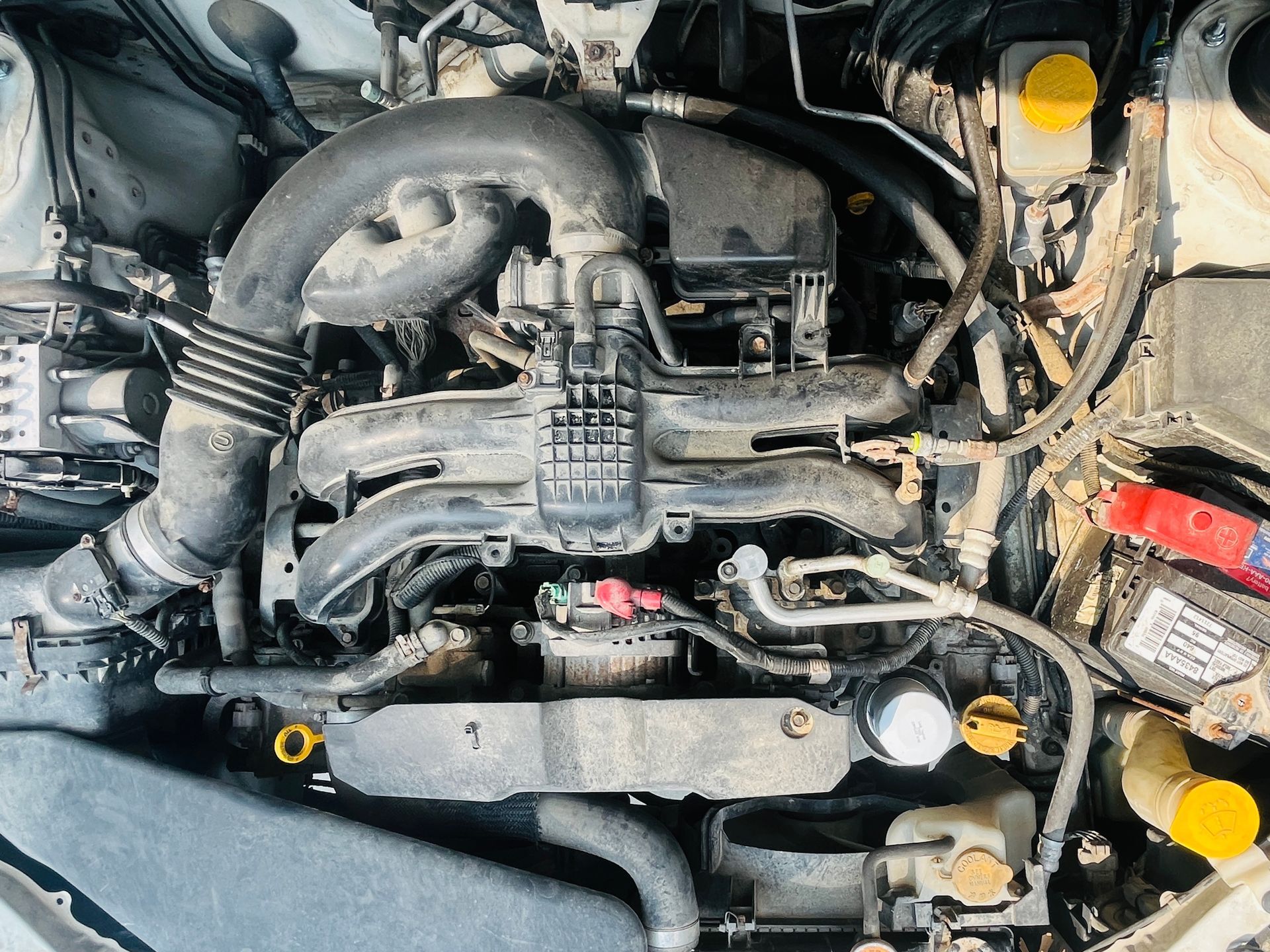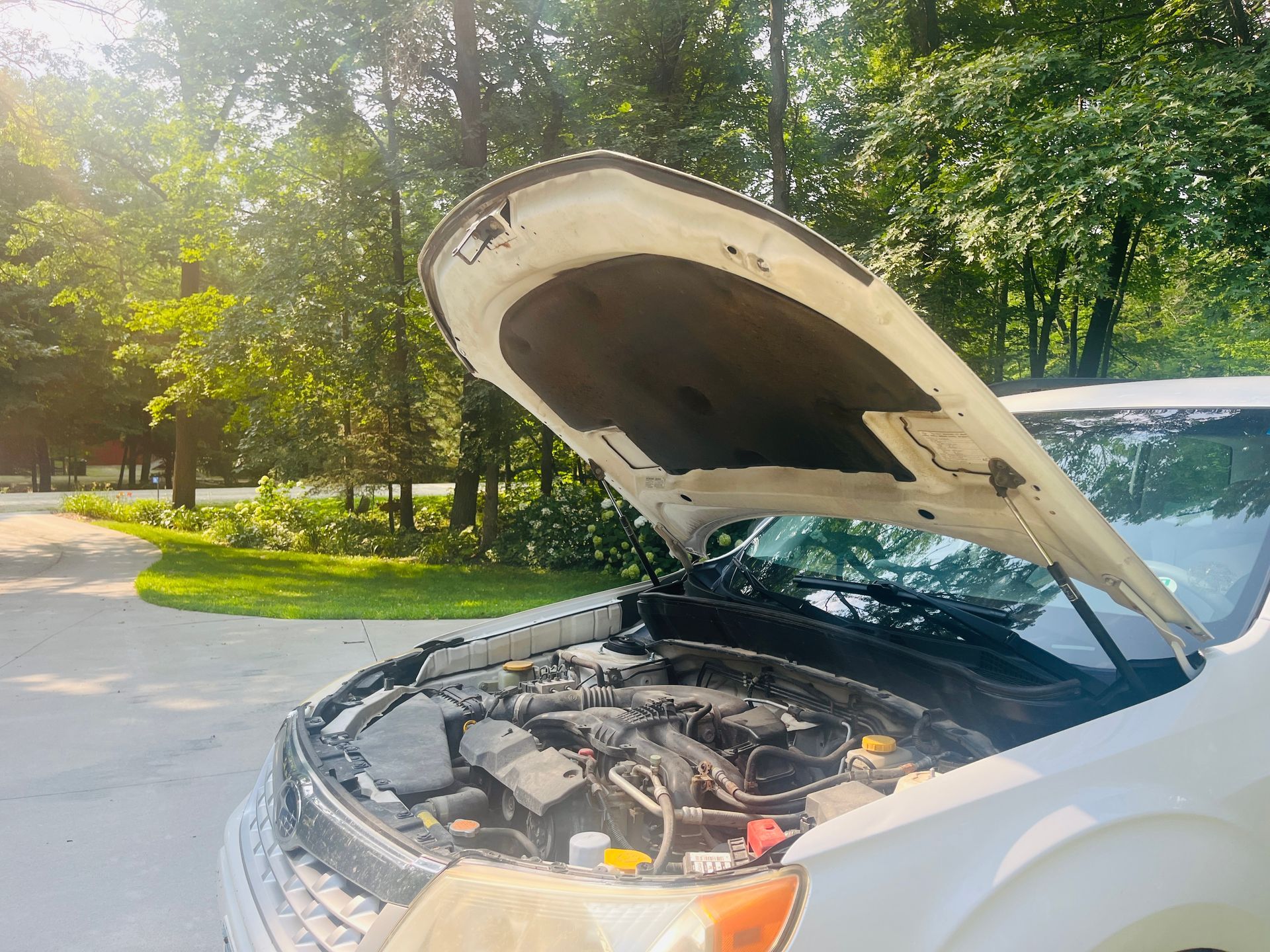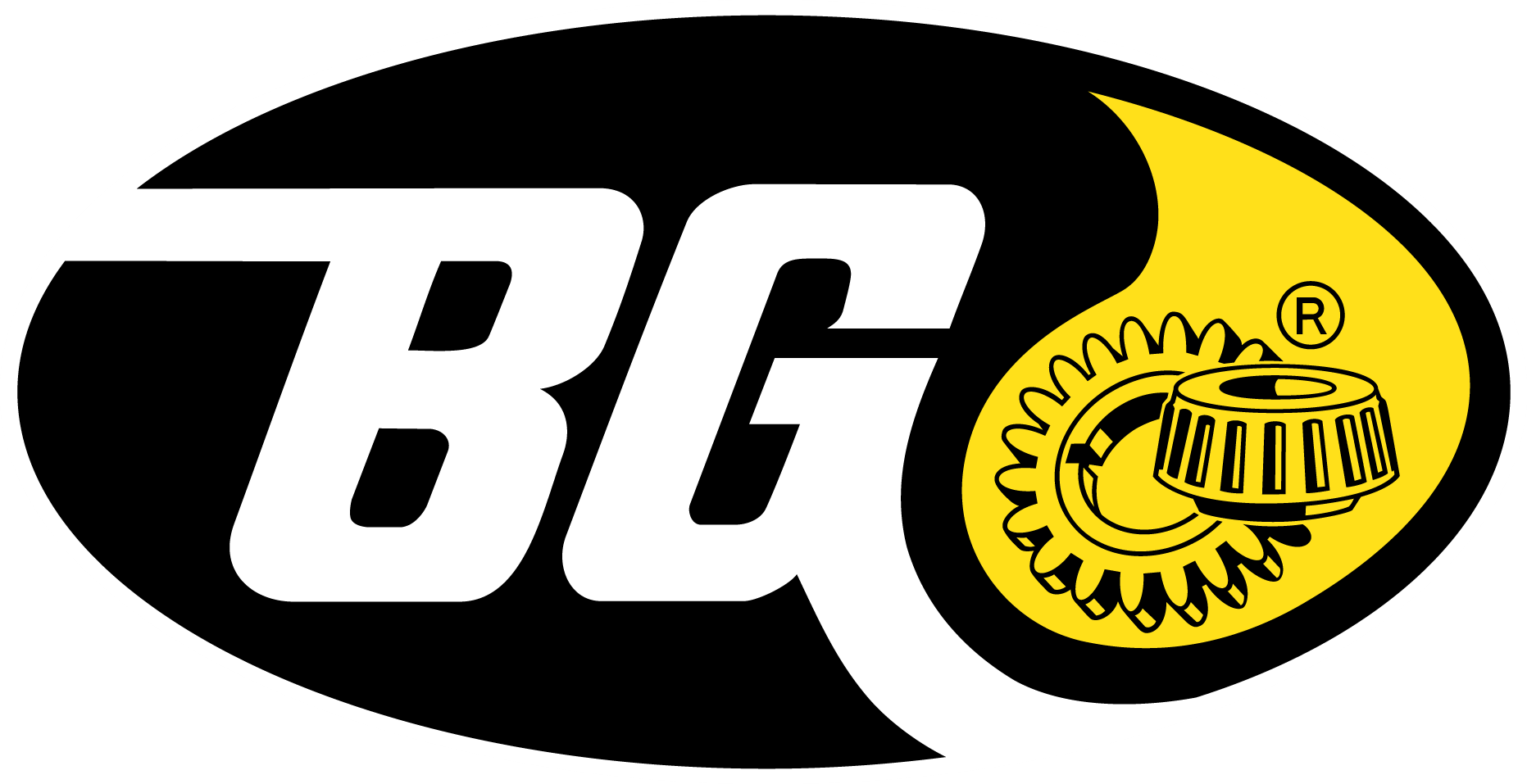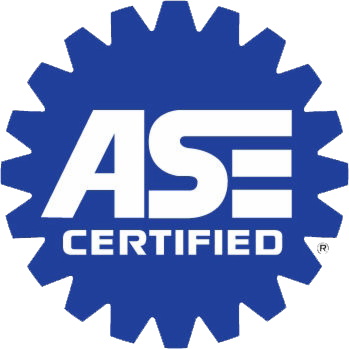Call us: (507) 226-8330
DIY Spark Plugs: What to Know
August 7, 2014
Have you attempted any DIY projects since my last article? I'm always on the lookout for a way to save money. For little projects, I figure, if I screw up, I'll just try again or have it professionally fixed. I gave one such project a shot this summer as I tried my hand at doing my own French Pedicure. Not perfect, but I'll keep practicing and perhaps get it "nailed" in a few tries.
Do you ever attempt small projects or tasks to save money? Things that aren't a big deal if you screw them up? Have you ever attempted to replace small parts in your vehicle? And what if you screw that up? In my line of business, I've seen some pretty botched-up DIY attempts. But I also know that there are people out there who are quite capable to do small things on vehicles with success. Perhaps you know you can probably do it but you just don't have the time. Or with some things you are not sure the skill level involved and you'd rather pay to have it done right the first time. Where do you fall in this continuum? Do you perform your own oil changes? Fluid flushes? Do you dispose of your fluids properly? And what about spark plugs? Have you ever changed those or had them changed? Do you know what they are and how they function? Do you know why they need to be replaced, what kind to use and where they are located?
What is a spark plug?
Spark plugs are aptly named. They are insulated plugs, screwed into the cylinder head that take in high voltage (40,000-100,000 volts) electricity at one end and create spark at the other end. The spark ignites the gas and air mixture and the resulting combustion is what powers the vehicle. Then the process starts all over again. The number of spark plugs in your vehicle depend on how many cylinders your vehicle has. If your vehicle has four cylinders, it will have four spark plugs, though some engines have two plugs per cylinder.
Why replace?
At the sparking end of the plug is a built-in gap between two or more little pieces of metal, called electrodes. When the plug fires, the spark jumps the gap and a tiny bit of metal is burned off. This happens hundreds of times every minute. Over time the gap between the metal tips gets too big. If you do not replace the spark plugs according to manufacturer recommendations, your engine will start to misfire and run poorly, performance will suffer, efficiency will decrease and emissions will dramatically increase. Your vehicle may also be difficult to start.
Spark plugs can also get fouled up with carbon deposits. The deposits build up when fuel isn't burned completely. When plugs get fouled, it would indicate that you have a problem within the system that needs attention.
Are all plugs created equal?
Besides creating spark, the spark plug has a secondary role of transferring heat to the vehicle's cooling system. Its ability to do so is based on the length of the insulator nose and the materials used for the center electrode and the insulator.
Standard spark plugs have a copper center electrode core surrounded by a nickel alloy. Inside the plug, the center electrode is encased in porcelain. This helps transfer heat from the engine to the cooling system.
Premium spark plugs are comprised of precious metals, like platinum or iridium, in place of the nickel alloy. These metals have higher melting points which make them more durable, perform better and last longer. They are more expensive up front but due to their superior quality, your vehicle will appreciate the benefits they offer.
Did you know that there are different grades of platinum? Even if a low quality platinum is used, a company is able to market their product as a platinum spark plug, inferring superior quality. However, testing has shown that high quality platinum is essential to the superior performance of the plug. Therefore, it is important to be aware of such false advertising and do research before purchasing the spark plugs for your vehicle.
Manufacturers select the correct plug for each vehicle. In most cases, using the same brand and type is the best. But if you chose to veer from this recommendation, it's important to keep all of this in mind.
Hot or cold?
Not only do you need to choose the quality plug that you and your pocketbook prefer, but it's crucial that you buy the right kind of plug that your vehicle needs. Spark plugs come in two basic varieties: cold and hot. Cold plugs work best in high-horsepower, high-compression engines. They have less insulation so more heat can be transferred away from the combustion chamber to the outside of the engine. Hot plugs have more insulation and are found in most standard engines. The extra insulation keeps the plug's temperature high enough to burn off carbon deposits, which allows for more time between spark plug changes.
How often should you unplug?
Years ago, spark plugs wore out more often. Today they have a better design and are made of better materials so they last longer. The intervals in which you should have your spark plugs replaced depends on the type and quality of the plug in your vehicle. What do you know about yours? When were they last replaced? When you replaced them, did you replace them all or just one giving you trouble? Replacing spark plugs can be a repair item but if one needs to be replaced, you should replace them all. Replacing just the problem plug is like replacing one shoe-both of your shoes are the same age and should be replaced at the same time. Replacing all plugs simultaneously will ensure you are getting the best performance as well as keep you on the right future spark plug maintenance program.
If you think spark plug replacement is your area of DIY expertise, I encourage you to go for it. Just be sure you are buying the right kind and know how to do it properly. But if it's beyond your know-how, seek professional help. That way you'll know they are replaced properly and you are getting quality plugs, backed by a warranty.

